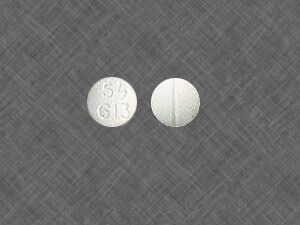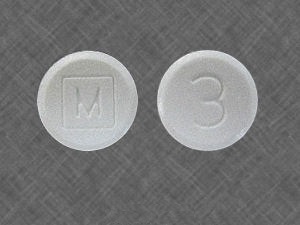Categories
 Buy Adderall Online
Buy Adderall Online
 Buy Adipex Online
Buy Adipex Online
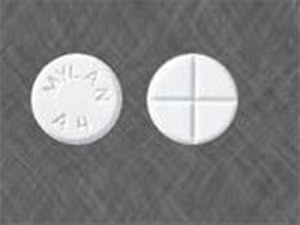 Buy Alprazolam Online
Buy Alprazolam Online
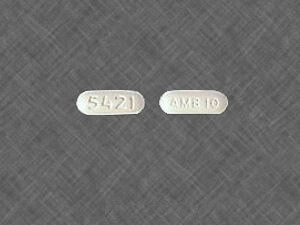 Buy Ambien Online
Buy Ambien Online
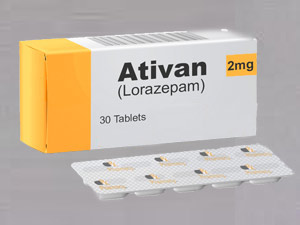 Buy Ativan Online
Buy Ativan Online
 Buy Carisoprodol Online
Buy Carisoprodol Online
 Buy Clonazepam Online
Buy Clonazepam Online
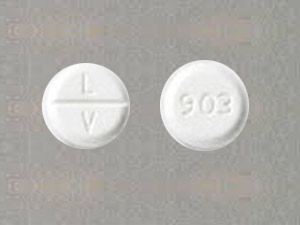 Buy Codeine Online
Buy Codeine Online
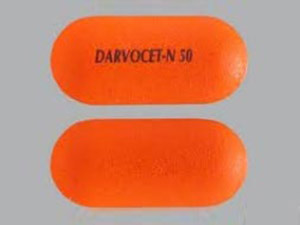 Buy Darvocet Online
Buy Darvocet Online
 Buy Demerol Online
Buy Demerol Online
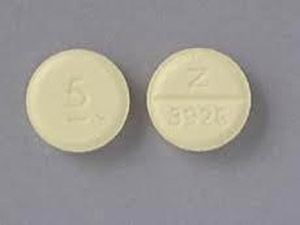 Buy Diazepam Online
Buy Diazepam Online
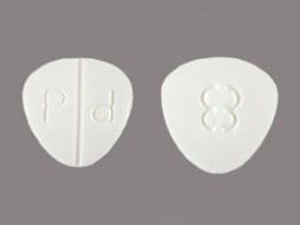 Buy Dilaudid Online
Buy Dilaudid Online
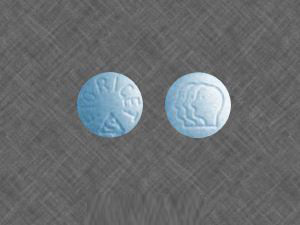 Buy Fioricet online
Buy Fioricet online
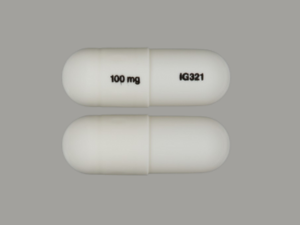 Buy Gabapentin Online
Buy Gabapentin Online
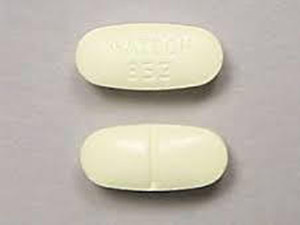 Buy Hydrocodone Online
Buy Hydrocodone Online
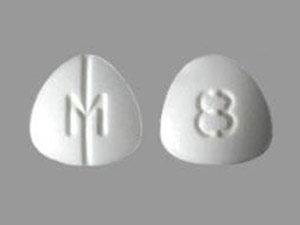 Buy Hydromorphone Online
Buy Hydromorphone Online
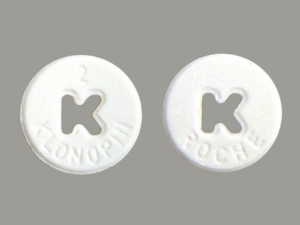 Buy Klonopin Online
Buy Klonopin Online
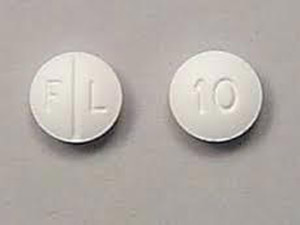 Buy Lexapro Online
Buy Lexapro Online
 Buy Lorazepam Online
Buy Lorazepam Online
 Buy Lorcet Online
Buy Lorcet Online
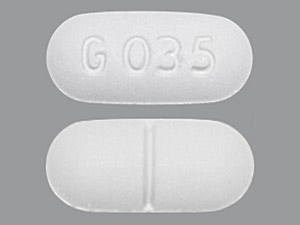 Buy Lortab Online
Buy Lortab Online
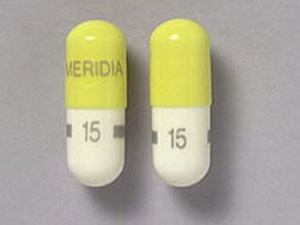 Buy Meridia Online
Buy Meridia Online
 Buy Methadone Online
Buy Methadone Online
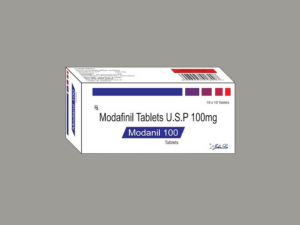 Buy Modafinil Online
Buy Modafinil Online
 Buy Norco Online
Buy Norco Online
 Buy Opana ER Online
Buy Opana ER Online
 Buy Oxycodone Online
Buy Oxycodone Online
 Buy Oxycontin Online
Buy Oxycontin Online
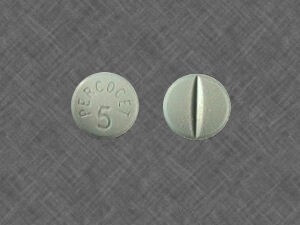 Buy Percocet Online
Buy Percocet Online
 Buy Phentermine Online
Buy Phentermine Online
 Buy Roxicodone Online
Buy Roxicodone Online
 Buy Soma Online
Buy Soma Online
 Buy Suboxone Online
Buy Suboxone Online
 Buy Subutex Online
Buy Subutex Online
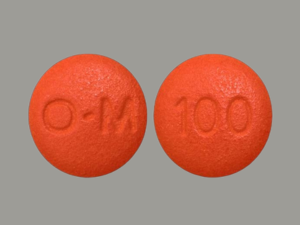 Buy Tapentadol Online
Buy Tapentadol Online
 Buy Tramadol Online
Buy Tramadol Online
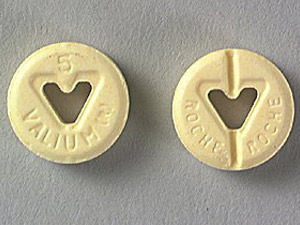 Buy Valium Online
Buy Valium Online
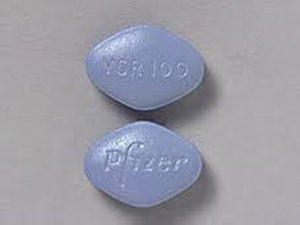 Buy Viagra Online
Buy Viagra Online
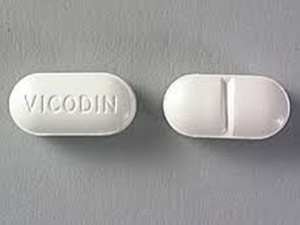 Buy Vicodin Online
Buy Vicodin Online
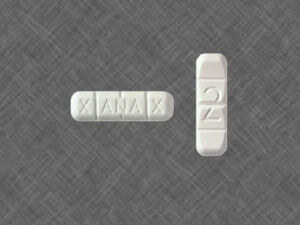 Buy Xanax Online
Buy Xanax Online
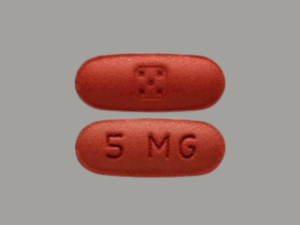 Buy Zolpidem Online
Buy Zolpidem Online

Products
-
 Tapentadol 100mg
Rated 5.00 out of 5$350.00
Tapentadol 100mg
Rated 5.00 out of 5$350.00 -
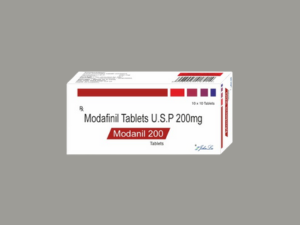 Modafinil 200mg
Rated 5.00 out of 5$369.00
Modafinil 200mg
Rated 5.00 out of 5$369.00 -
 Modafinil 100mg
Rated 5.00 out of 5$349.00
Modafinil 100mg
Rated 5.00 out of 5$349.00 -
 Klonopin 2mg
Rated 5.00 out of 5$339.00
Klonopin 2mg
Rated 5.00 out of 5$339.00 -
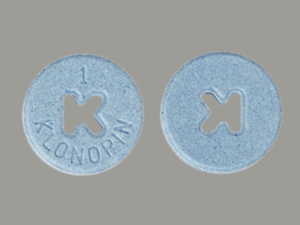 Klonopin 1mg
Rated 5.00 out of 5$329.00
Klonopin 1mg
Rated 5.00 out of 5$329.00
Recent Posts
- Relief From Kidney Stone Pain – Effective Strategies And Solution
- Best Nerve Pain Medication for the Elderly
- Sleep habits and their effects on human brain activity
- Does drinking more water help you lose weight?
- Alprazolam for anxiety benefits and risk
- Tramadol vs Dilaudid – Which is the best for severe pain
- How Long Does Hydromorphone Stay in Your System?
- How to spot fake Xanax (alprazolam) pills
- Does Suboxone help with pain?
- How to know if green Xanax s 90 3 pill is fake?
Category: Buy Codeine Online
Showing all 4 results
What is Codeine?
Codeine is an opiate/opioid medication, sometimes known as a narcotic. It is helpful for the treatment of mild to moderate pain, coughing, and diarrhea. Combining Codeine with Acetaminophen (paracetamol) or an NSAID (a nonsteroidal anti-inflammatory drug) such as ibuprofen or aspirin gives the best results.
Codeine works by putting a stop to pain signals from traveling along the nerves of the brain. It relieves the pain by holding the pain signals to move further to the brain through nerves. There is no evidence of its working in children or adults as an acute cough suppressant.
Codeine is an endogenous compound accompanying morphine, which one can find in nonhuman pirates’ brains with depolarized neurons. It indicates that Codeine may function as a neuromodulator or neurotransmitter in the central nervous system (CNS). Its other medicinal use includes diarrhea; or diarrhea-predominant irritable bowel syndrome. Sometimes, it helps during cancer pain also, but it leads to the emergence of side effects.
Important Information
You should avoid using Codeine if you are allergic to it, or if you have:
- A blockage in your intestines or stomach.
- Asthma (severe) or breathing problems.
- Hyperventilation or frequent asthma attacks.
This medicine can slow your breathing (like other narcotic drugs). If breathing becomes too shallow, death may occur. Your attendant should take emergency medical help if you have blue-colored lips, slow breathing with long pauses, or if you are hard to wake up.
Some people face a quick break of Codeine in the liver that reaches higher than normal body levels. It can cause slow breathing (dangerously) and may cause death, especially in a child.
This medicine is not under the recommendation for use by anyone younger than 18 years old.
What to know before taking Codeine?
To ensure Codeine is safe for you, tell each of your medical healthcare providers if you have ever had:
- Sleep apnea, breathing problems.
- Liver disease.
- COPD (chronic obstructive pulmonary disease), asthma, or breathing disorders.
- Kidney disease.
- Abnormal curvature of the spine (affects breathing).
- Low blood pressure.
- A head injury or brain tumor.
- A gallbladder or pancreas disorder.
- Blockage in your digestive tract (intestines/stomach).
- Addison’s disease or another adrenal gland disorder.
- Underactive thyroid.
- Drug or alcohol addiction, mental illness.
- Urination problems, enlarged prostate.
Interaction of some medicines with Codeine can cause a severe condition known as serotonin syndrome. Make clear to your doctor if you are taking:
- Stimulant medicine;
- Herbal products; or
- Medicine for depression, mental illness, migraine headaches, Parkinson’s disease, serious infections, or prevention of vomiting and nausea.
You could give birth to a drug-dependent baby if you are using this medicine during pregnancy. Consult your doctor about how to change your doses during this time effectively. Avoid breastfeeding while taking Codeine.
How to take Codeine?
- Take Codeine precisely as per the doctor’s prescription. Read carefully and follow all the directions on the prescription label, medication guides, or instruction sheets. This medicine can stop or slow your breathing. Never use this medicine in smaller or larger amounts or longer than recommended. Tell your doctor if Codeine is not relieving your pain effectively or if it seems to stop working.
- Even at regular doses, Codeine may be habit-forming. Never share this medicine with someone else, especially someone with a past of drug abuse or addiction. Misuse of a narcotic medicine like Codeine can cause addiction, overdose, or death, mainly if a child or another person uses it without a prescription. It is against the lawful act to sell it or give it away.
- Do not go for a sudden stop on Codeine after a longer-term use; otherwise, you could have unpleasant withdrawal symptoms. Take your doctor’s advice on how to stop using this medicine.
- Store it away from heat and moisture at room temperature. Keep track of your drug. Be aware if anyone is misusing your medication or without taking a prescription because Codeine is a drug of abuse.
- Avoid keeping leftover opioid medication. If someone uses this medicine accidentally or improperly, only one dose can cause death. Mix the excess drug with coffee grounds or cat litter in a sealed bag and throw it in the trash.
Codeine dosage
Take Codeine with milk or food if it upsets your stomach. Drink six to eight glasses of water regularly to help prevent constipation while you are taking this medicine. Ask your doctor before using a laxative (stool softener).
Usual adult dosage for pain:
- Initial dose- 15 mg to 60 mg within every 6 hours as needed
- Maximum amount- 360 mg a day.
Overdose
In case of overdose, take medical help or call the Poison helpline at 1-800-222-1222. A Codeine overdose can be deadly, especially in a child or someone taking it without a prescription. Overdose can cause extreme drowsiness, pinpoint pupils, severe muscle weakness, cold and clammy skin, prolonged breathing, or coma.
What to avoid while using Codeine?
Avoid alcohol consumption because it may lead to dangerous side effects, or death could occur.
There might be impairment of your thinking or reactions due to the use of Codeine. Avoid operating machinery or driving a vehicle until you know how this medicine will affect you. Dizziness or drowsiness (severe) can cause falls or other accidental injuries.
Codeine side effects
Go for emergency medical help if you have allergic reactions due to the use of Codeine. Signs of an allergic reaction include issues with breathing, hives, swelling of your face, throat, lips, or tongue.
Contact your medical health care professional if you have:
- A slow heart rate or weak pulse.
- Shallow breathing, noisy breathing, sighing, breathing that stops during sleep.
- Hallucinations, confusion, agitation, unusual thoughts or behavior.
- Feeling light-headed.
- Seizures.
- Feeling of extreme sadness or happiness.
- Urination problems.
- Low cortisol levels- vomiting, nausea, dizziness, loss of appetite, worsening weakness or tiredness.
Common side effects of Codeine may include:-
- Nausea, stomach pain, vomiting.
- Feeling drowsy or dizzy.
- Sweating.
- Constipation.
- Rash or mild itching
It is not a complete list of side effects, and others may occur. Take your doctor’s medical advice regarding side effects. Report side effects to FDA at 1-800-FDA-1088.
What drugs can interact with Codeine?
Interaction of various drugs with opioids can be dangerous or cause death. It includes cold or allergy medicines, other narcotics, any sedative like Valium, medications that cause sleepiness or slow down your breathing, medicines for irritable bowel syndrome or overactive bladder, or drugs that affect serotonin levels.
Coupon Code
Use Coupon CodeSALE10
Product Categories
- Buy Adderall Online
- Buy Adipex Online
- Buy Alprazolam Online
- Buy Ambien Online
- Buy Ativan Online
- Buy Carisoprodol Online
- Buy Clonazepam Online
- Buy Codeine Online
- Buy Darvocet Online
- Buy Demerol Online
- Buy Diazepam Online
- Buy Dilaudid Online
- Buy Fioricet online
- Buy Gabapentin Online
- Buy Hydrocodone Online
- Buy Hydromorphone Online
- Buy Klonopin Online
- Buy Lexapro Online
- Buy Lorazepam Online
- Buy Lorcet Online
- Buy Lortab Online
- Buy Meridia Online
- Buy Methadone Online
- Buy Modafinil Online
- Buy Norco Online
- Buy Opana ER Online
- Buy Oxycodone Online
- Buy Oxycontin Online
- Buy Percocet Online
- Buy Phentermine Online
- Buy Roxicodone Online
- Buy Soma Online
- Buy Suboxone Online
- Buy Subutex Online
- Buy Tapentadol Online
- Buy Tramadol Online
- Buy Valium Online
- Buy Viagra Online
- Buy Vicodin Online
- Buy Xanax Online
- Buy Zolpidem Online

